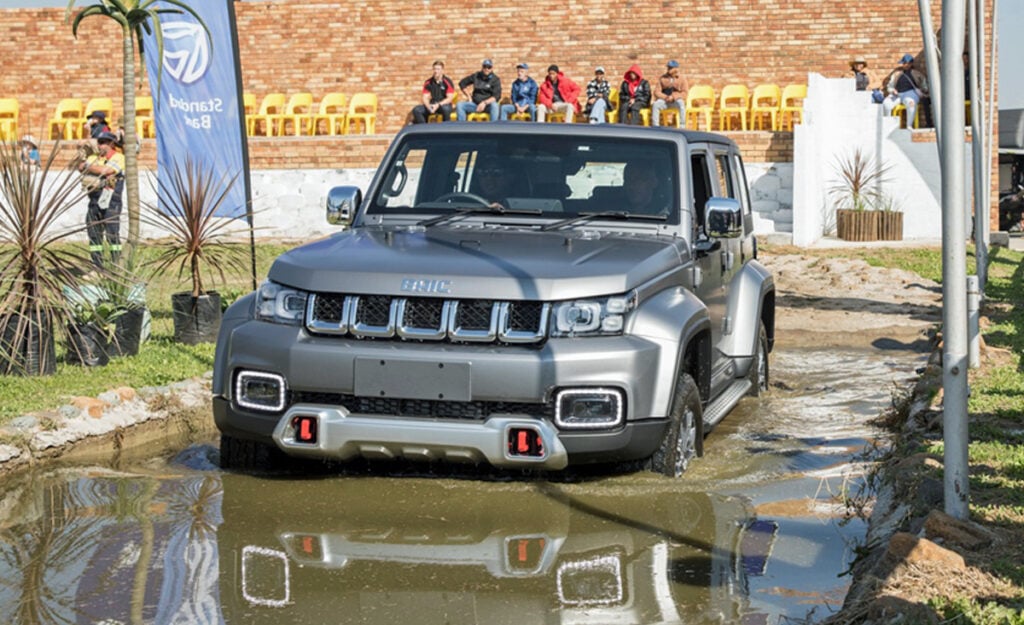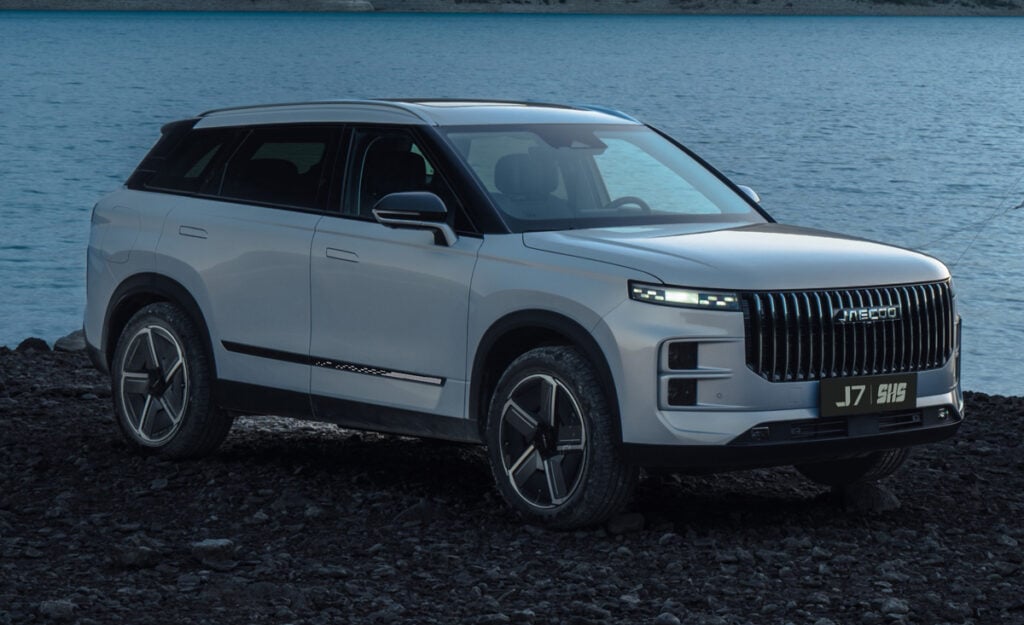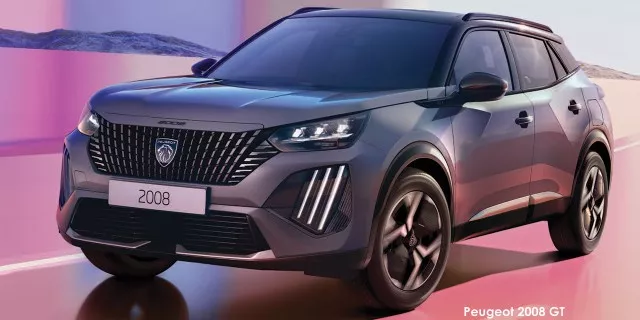
If you drive a high-risk car in South Africa, it’s imperative to keep up to date with your insurer’s policy changes and ensure that you comply in the event that you have to claim.
Insurers oftentimes make changes and amendments to their policies based on prevailing market trends that could affect their bottom lines.
For instance, if you drive a vehicle that has seen a surge in hijackings or thefts, an insurer may require you to fit a second tracking device to retain coverage.
Should your car be stolen after the policy amendment and it wasn’t outfitted with two trackers, your insurer may deny your claim even if the original contract stipulated that you only need one tracker.
Local insurer Hollard identified the following models as so-called “hit-list” cars:
- Toyota Hilux – All models from 2016 onwards
- Toyota Fortuner – All models from 2016 onwards
- Toyota Prado – All models from 2018 onwards
- Toyota Land Cruiser 200 – All models from 2017 onwards
- Lexus – All models from 2018 onwards
These cars are generally targeted for their parts, which are in high demand on the black market.
They are sometimes also smuggled across the borders to customers in other countries, who go on to sell them to unsuspecting buyers for a fraction of their market value.
Stay on top of the fine print
Consumer advocate Wendy Knowler relayed a case of a Gauteng teacher whose 2013 Toyota Fortuner was stolen from a primary school’s grounds in early 2025 whilst they were attending a meeting.
The vehicle was fitted with a single tracking device, which the audacious thieves removed on the spot and threw on the ground before they even drove away.
Knowler told 702 that the victim attempted to claim for her losses, but was subsequently denied as the insurer said they no longer enjoyed coverage against theft and hijacking.
This was because she didn’t have a second tracking device installed, which the insurer made a requirement for that specific vehicle all the way back in November 2022.
She claimed that she was unaware of the requirement and that she had been operating on the initial basis of the contract, which said that she only needed one tracker.
However, the insurer said that it sent the client multiple emails and SMSs over the course of late 2022/early 2023 informing her of the impending change and the repercussions she could face should she fail to comply.
It therefore washed its hands of guilt and denied her claim.
Knowler advises consumers, especially those with high-risk vehicles, to get clued up on the terms and conditions of their insurance contract to avoid being caught in a similar situation.








